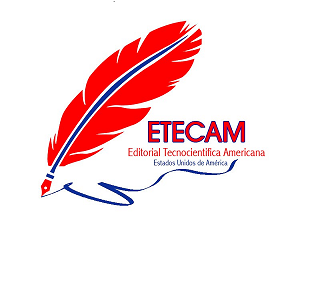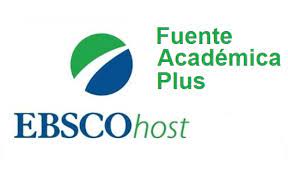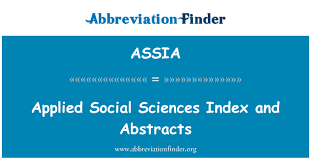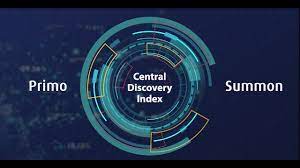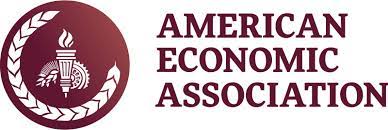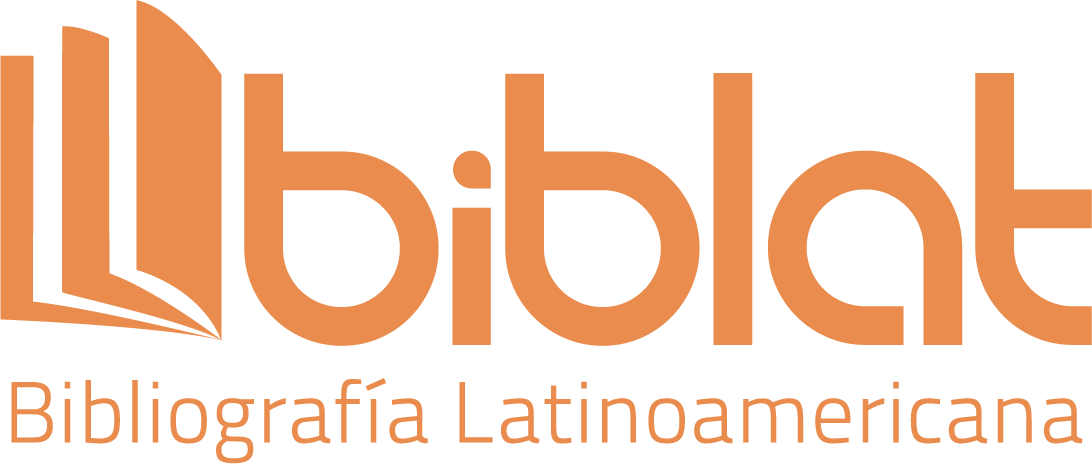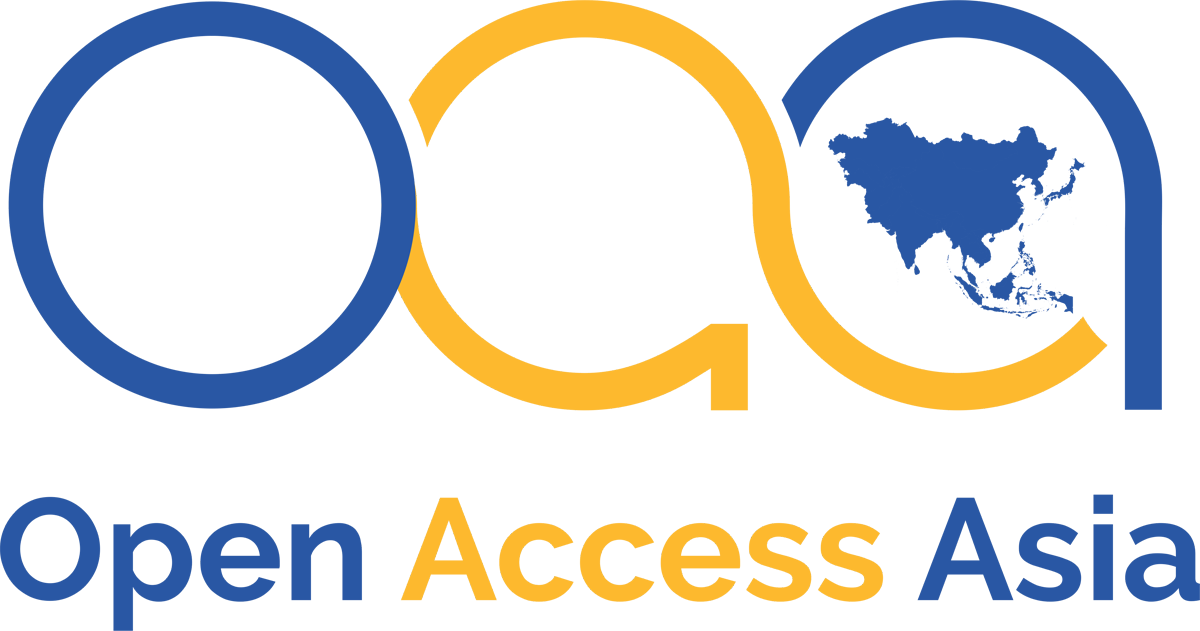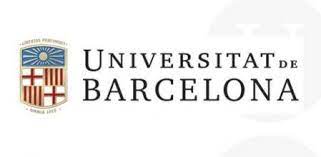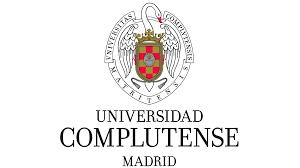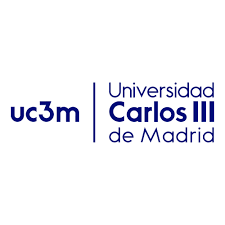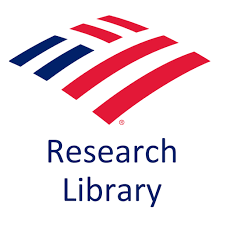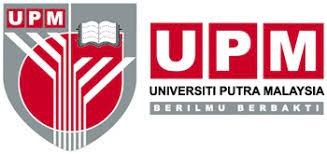The preparation of mentors: a need of the contemporary university to pay attention to diversity
DOI:
https://doi.org/10.51736/sa.v1i1.42Keywords:
mentors, diversity, preparationAbstract
At the international level, more and more attention is given to the problematization of the programs for mentors´ improvement in order to enhance the teaching-learning process and the attention to diversity. The mentors´ functions in Cuba are related to the research process, which have been applied since the previous century. However, they are not effective to face nowadays dynamics of a society characterized by a great scientific capacity and which is, at the same time generating constant new knowledge. The scientific novelty of this work is found in its practical contribution because it proposes a system of workshops for the professional improvement of Art Education mentors which prepares them for their multiple functions. Its implementation demonstrates that the potentialities of a well-prepared mentor improve the teaching-learning process and gives attention to diversity. In the system of workshops that is proposed, each student, protagonist of his self-improvement, is considered a conscious participant in the construction and reconstruction of the artistic culture. This constitutes anindicator of the principles that establish the unity between the cognitive and the affective as well as the unity between the activity and communication in the formation and development of someone´s personality. The social relevance is corroborated by its necessity in the successful performance of the graduate in the sociocultural contexts, because a mentor, whois an example, promotes his development.
Downloads
References
Addine, F., (2004). Didáctica, teoría y práctica. Ciudad de La Habana: Pueblo y Educación.
Álvarez Rojo, V., (2004): Las Tutorías: otra forma de enseñar en la Universidad, en La tutoría: elemento clave en el modelo europeo de Educación Superior. Universidad de Salamanca.
Cañas, A., (2002). La orientación y tutoría en el Proyecto para la reforma de la enseñanza y en el Libro Blanco para la Reforma Educativa. En AEOEP: La reforma: un reto para la Educación, V Jornadas Nacionales de Educación. Valencia AEOEP.
Diez, A. y Masegosa, A., (2000). La dinámica de grupos en la acción tutorial. Barcelona: Grao.
Duquesne Rivero, Frank., (2000). La pedagogía artística. Editorial CENEART. La Habana.
Indurain, J. y González, P., (1992). Material teórico-práctico para la acción tutorial. Madrid: Escuela Española.
Laertes. Esteban y Buxarrais, (2004): «El aprendizaje ético y la formación universitaria. Más allá de la casualidad», en Revista Interuniversitaria: «Teoría de la Educación» Vol. 16, pp. 91-108.
Mendoza Portales, (2009). Cultura y valores Hoy. Editorial Pueblo y Educación. La Habana, Cuba.
Mora, J., (2003). Acción tutorial y orientación educativa. Madrid: Narcea.
Nevares, J., (1989). La orientación: Una práctica en la tutoría. Madrid: Consejería de Educación de la Comunidad de Madrid.
Pérez Luján, D., (2005). “El tutor en la universidad cubana: Funciones e indicadores para orientar su práctica Centro de Estudios de Educación Superior Universidad Central “Marta Abreu” de Las Villas.
Prieto, A., (2004). Discurso de graduación de los primeros instructores de arte. Santa Clara.
Prieto, A., (2006) Vanguardia y pasividad .Coordenadas número 6.Junio.
Rodríguez Padrón, V., (2003). La escuela socio-histórico-cultural. Fundamentación de una concepción pedagógica. En Colectivo de Autores. Pedagogía: apuntes para la asignatura. EIEFD, La Habana.
Tejada, J., (1999). Acerca de las competencias profesionales. En documento. Universidad de Barcelona.
UNESCO (2003). Educación Superior en una sociedad mundializada. En documento de posición, París.
Vigotsky, S. L (1989). Historia del desarrollo de las funciones psíquicas superiores. Editorial Científico Técnica, La Habana.
Published
How to Cite
Issue
Section
License
Copyright (c) 2020

This work is licensed under a Creative Commons Attribution-NonCommercial-ShareAlike 4.0 International License.












